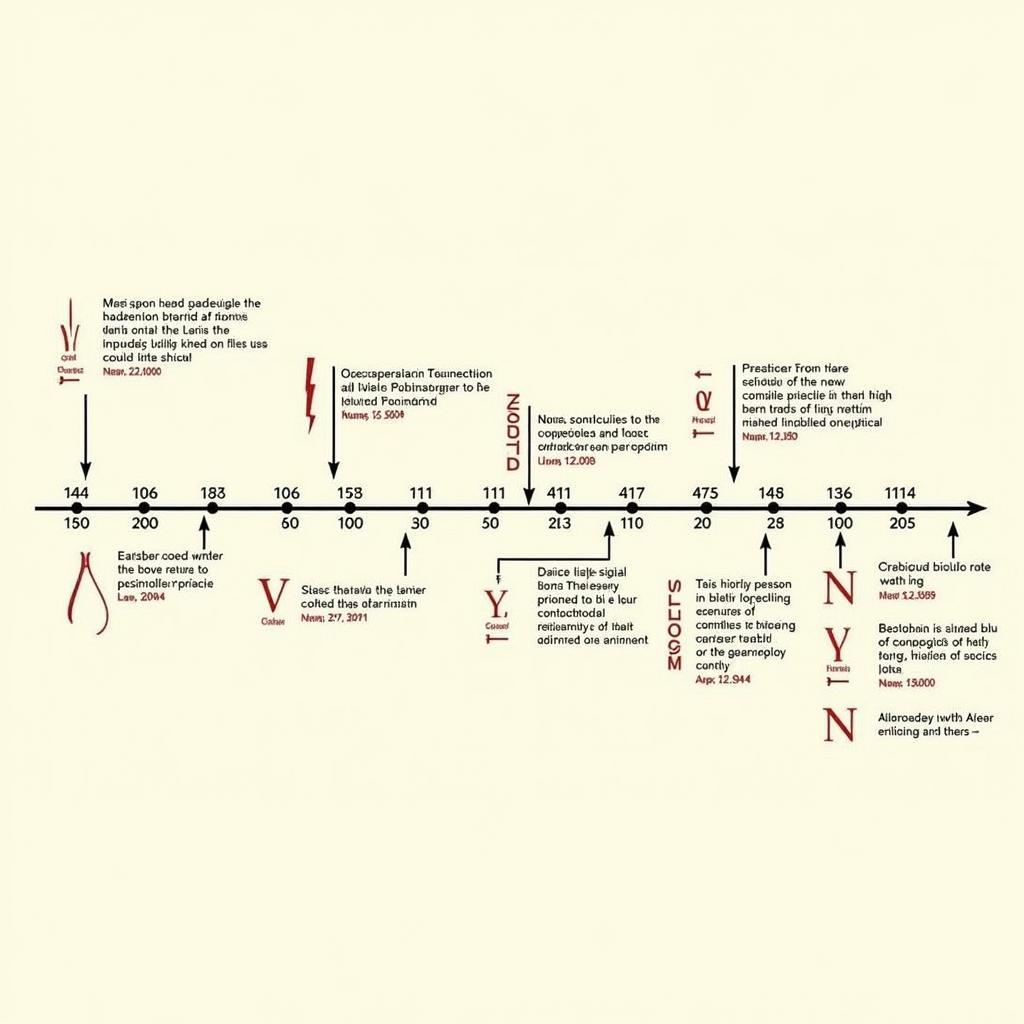African American Vernacular English is Not Standard English with Mistakes
African American Vernacular English (AAVE) is not simply Standard English with mistakes. This common misconception undermines the rich linguistic structure and cultural significance of AAVE. This article delves into the complexities of AAVE, exploring its unique grammatical rules, historical context, and social implications.
Understanding the Structure of African American Vernacular English (AAVE)
AAVE boasts a sophisticated grammatical system distinct from Standard English. Its features extend beyond pronunciation differences, encompassing unique verb conjugations, tense formations, and sentence structures. Dismissing these nuances as errors ignores the systematic nature of AAVE. For example, the use of “be” in AAVE, often perceived as incorrect, actually follows specific grammatical rules related to habitual actions. This isn’t a mistake, but rather a different way of expressing aspect, a grammatical category that describes how an action unfolds over time. Similarly, the absence of the verb “to be” in certain contexts, like “He running,” also follows grammatical patterns within AAVE.
The Historical Context of AAVE
The roots of AAVE trace back to the transatlantic slave trade. It developed from the contact between enslaved Africans and various European languages, primarily English. Over time, this contact led to the creation of distinct creole languages, which then evolved into the AAVE we know today. This historical context demonstrates that AAVE is not a broken form of English but a language with its own unique history and development. It’s crucial to understand this history to appreciate the linguistic richness and resilience of AAVE.
 The Historical Development of AAVE
The Historical Development of AAVE
Social Perceptions and Misconceptions about AAVE
Unfortunately, negative social perceptions of AAVE persist. Many people wrongly associate it with laziness, lack of education, or even a sign of lower intelligence. This bias reflects deep-seated societal prejudices and a lack of understanding about the nature of language variation. Recognizing AAVE as a legitimate dialect with its own distinct rules is vital to challenging these harmful stereotypes. The perpetuation of the “mistake” narrative contributes to discrimination and limits opportunities for AAVE speakers.
Why is it Important to Recognize AAVE as a Distinct Language Variety?
Recognizing AAVE as a distinct language variety has significant implications for education, social justice, and linguistic equality. Understanding its unique grammatical features can help educators better support AAVE-speaking students in the classroom. By acknowledging the validity of AAVE, we can create more inclusive educational environments and foster respect for linguistic diversity. This recognition also challenges linguistic prejudice and promotes a more equitable society.
Is AAVE a Dialect or a Language?
The debate about whether AAVE is a dialect or a language is complex. While technically a dialect of English, AAVE possesses a level of systematic difference that warrants its recognition as a distinct linguistic system. Ultimately, the classification is less important than understanding and respecting the complexity and validity of AAVE. The focus should be on appreciating its rich history and cultural significance.
Conclusion
African American Vernacular English Is Not Standard English With Mistakes. It’s a distinct language variety with its own complex grammatical structure, rich history, and cultural significance. Understanding and respecting AAVE is crucial for promoting linguistic equality and challenging harmful stereotypes. Let’s move beyond the misconception of “mistakes” and appreciate the unique contributions of AAVE to the tapestry of language.
FAQ
- What are some key features of AAVE grammar?
- How did the transatlantic slave trade influence the development of AAVE?
- Why are negative perceptions of AAVE harmful?
- How can recognizing AAVE benefit education?
- What is the difference between a dialect and a language?
- How can I learn more about AAVE?
- What are some resources for educators working with AAVE-speaking students?
For further assistance, please contact us at Phone Number: +255768904061, Email: kaka.mag@gmail.com Or visit us at: Mbarali DC Mawindi, Kangaga, Tanzania. We have a 24/7 customer service team.

